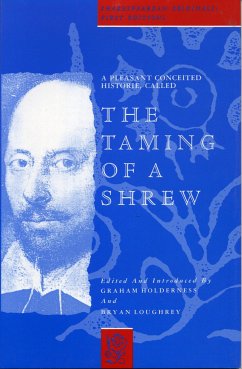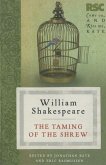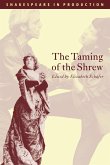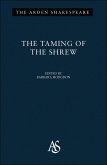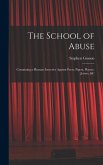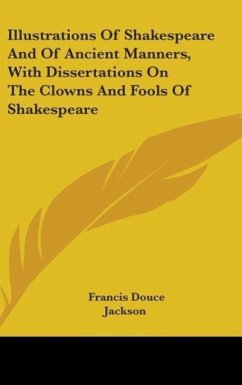This book is part of a controversial new series that raises fundamental questions about the authenticity of Shakespeare's texts as we know them today. In a radical departure from existing series, it presents the earliest known editions of Shakespeare's playsówhich differ substantially from the present versionsóand argues that these are the most authentic we have. The editors present the text in a form as close as possible to its first publication. It includes an introduction, notes and an appendix containing sample facsimile pages from the original printed texts. Throughout, the emphasis of the critical apparatus is on the theoretical and historical significance of the text and its contextual relationships with theatre, history and cultural politics. Published in 1594 under the title The Taming of a Shrew, this play has always been regarded as an earlier version by another dramatist, or as a corrupt "memorial reconstruction" of Shakespeare's The Taming of the Shrew. Yet the version accepted as Shakespeare's was not published until the First Folio of 1623. The text of A Shrew differs from that of The Shrew. It contains, for example, a complete theatrical "framing" device in the form of the Lord's practical joke on Christopher Sly, where the "Shakespearean" text drops Sly and the framing device early in the play. From the beginning of this century the "non-Shakespearean" text has been used in theatrical practice to complete the authorized but insufficient "Shakespearean" play. This new edition makes The Taming of a Shrew available in full, not as a source or analogue or memorial reconstruction of a Shakespearean original, but in its own right as a brilliantly inventive popular Elizabethan play.

